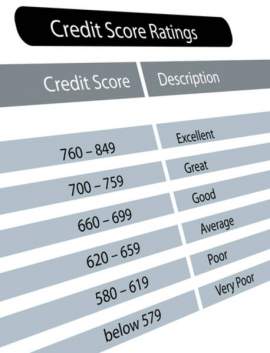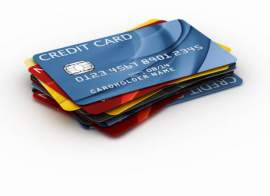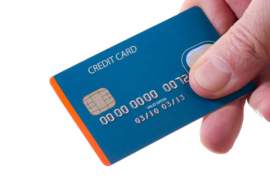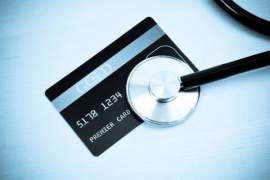
A Look Inside Debit Cards
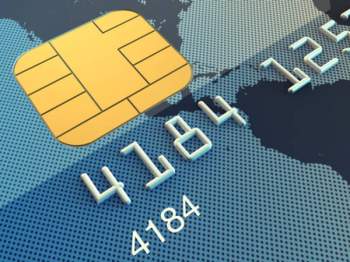
What is a Debit Card?
A debit card, also known as a check card, is a plastic card that allows an individual to purchase goods, services or products from the cash held in their checking accounts. A debit card thus, offers a consumer with an alternative payment method to cash.
In essence, the debit card is an electronic check that is debited from an individual’s bank account. When purchasing items via a debit card, the funds are electronically removed from the holder’s checking account. As a result, the purchasing power of a debit card is directly linked to the amount of money in the holder’s bank account.
Similar to credit cards, a debit card is viewed as an expedited payment method. A debit card may be used for Internet purchases or transactions made over the phone and unlike a credit card, the funds are transferred immediately from the holder’s bank account.
In addition to making purchases, a debit card enables an individual to instantly withdraw cash from an ATM. Merchants may also offer cash back when using a debit card; after the individual makes the purchase, they are given the option to receive additional cash which will be deducted from the holder’s bank account. When using an ATM, the individual must submit their personal identification number. This number is typically given at the time the debit card is obtained. To obtain a debit card the individual must simply go to the bank where they hold an account and have one made for them.
Types of Debit Cards:
There are three primary ways that a debit card transaction can be processed: online debits, offline debits and Electronic Purse debits. Each debit card can conduct the aforementioned payment methods. The majority of debit cards, although issued for individual bank accounts, are distributed by Visa or the MasterCard brand.
When making an online purchase using a debit card, the holder is required to provide an electronic authorization for each transaction. When making a purchase online, the funds are immediately debited from the user’s account.
The transaction may be further secured through the request of a personal identification number or an electronic signature. Offline debit cards are used at the point of sale like a credit card; these types of debit cards typically possess a daily limit or a maximum limit equal to the current checking account balance. Transactions conducted with an offline debit card will require 2-3 days to be reflected on the individual’s balance.
In addition to the aforementioned debit cards, is a payment method, which requires a consumer to load funds into the card account. The available funds are based on how much money was placed into the card.
Advantages and Disadvantages of Debit Cards:
Advantages of a Debit Card:
Consumers who are not credit worthy can easily obtain a debit card, which will enable them to make plastic transactions.
The use of a debit card also forgoes the process of writing a check.
Debit cards enable individuals to finalize a transaction at the time of purchase—the use of a debit card effectively bypasses the requirement to pay a credit card bill at a later time.
Similar to a credit card, debit cards are accepted by the majority of merchants. Limited identification is also required, making transactions seamless and less intrusive.
A debit card does not charge interest or fees when a cash advance is obtained; debit cards can be used to obtain cash from an ATM or a Pin-based transaction.
Disadvantages of a Debit Card:
The majority of banks do not limit an individual’s purchasing power based on the amount of available funds in the holder’s checking account. As a result, balances can be overdrawn; when this occurs the user will fall victim to overdraft fees.
In addition to overdraft fees, banks also charge fees for insufficient funds. These fees are typically attached to purchase made with pre-authorization, meaning they were submitted for a future date.
When a debit card is lost or stolen, because of the minimal identification required at the time of purchase, it is more susceptible to being used by the other party. That being said, if you lose or have your card stolen, simply call the issuing bank (number will be on the back of the card) and have the card cancelled. Additionally, consumer protection laws in these instances will vary depending on the network and financial institution used.




